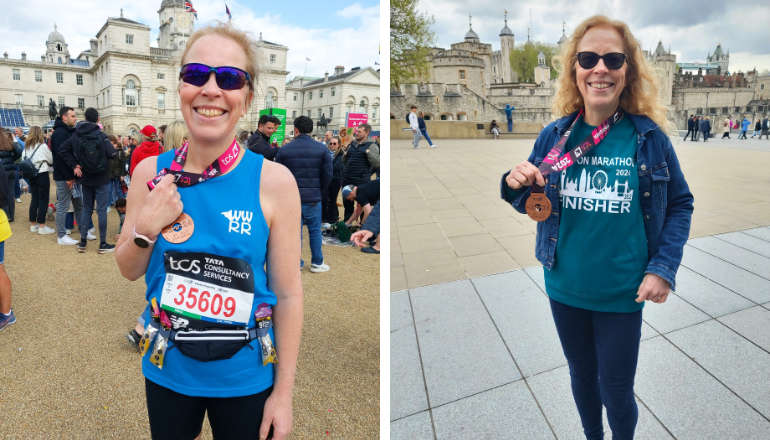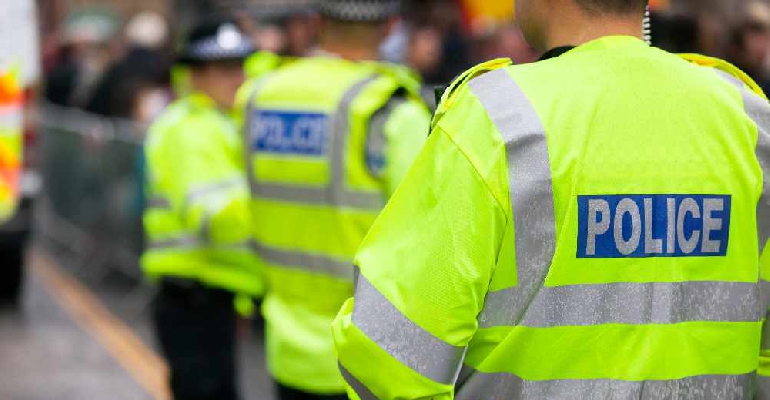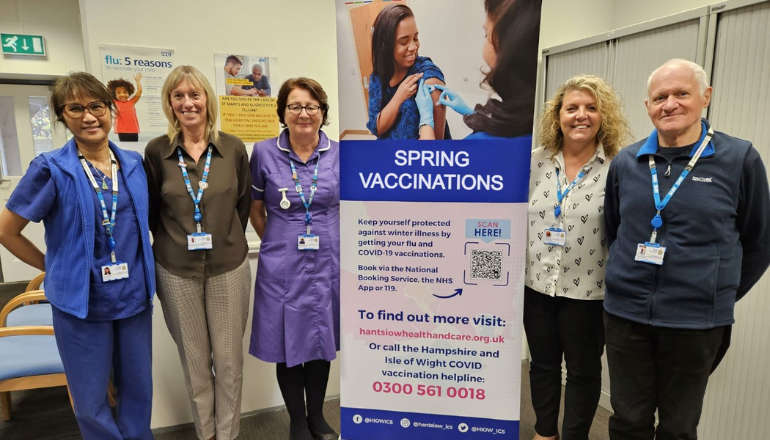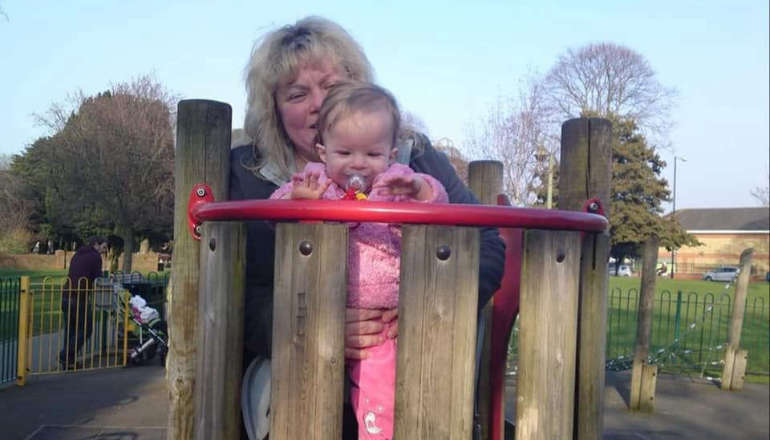
The isolation period for fully vaccinated people in England who test positive for COVID will be reduced from seven days to five, the health secretary has announced.
Revealing the move in a Commons statement, Sajid Javid said data from the UK Health Security Agency shows that "around two-thirds of positive cases are no longer infectious by the end of day five" and "we want to use the testing capacity that we've built up to help these people leave isolation safely".
The change will come into effect on Monday (17), with individuals able to leave their isolation after five full days provided they have negative tests on days five and six.
Mr Javid said:
"These two tests are critical to these balanced and proportionate plans, and I'd urge everyone to take advantage of the capacity we have built up in tests so we can restore the freedoms to this country while we're keeping everyone safe."
At the moment, individuals who test positive are able to end their isolation period after seven days if they receive a negative lateral flow test on days six and seven - with the tests taken 24 hours apart.
This change was introduced just before Christmas, but there had been calls for the government to reduce the isolation period again due to continuing pressure on the NHS and workplaces amid the continuing spread of the Omicron variant.
Further change has been under consideration in recent weeks, with supporters saying it would mitigate the impact of high numbers of people isolating.
But worries have been expressed about the potential for such a move to drive an increase in infections.
What's the impact of reducing the isolation period to five days?
New research by the UKHSA shows that only 1 in 20 cases are still infectious with two negative lateral flow tests by day seven, which was nearly the same as the 5% of cases released after 10 days with no testing.
However, their modelled scenario showed that more than 30% of cases were still infectious on the fifth day.
Although the study did not include cases with Omicron, separate evaluation by NHS Test and Trace has shown a comparable result for the new variant.
'We must proceed with caution'
Updating MPs on the situation with COVID more generally, the health secretary said the virus "is still with us" and there are "still likely to be difficult weeks ahead".
But Mr Javid said data from the Office for National Statistics shows "encouraging signs that infections are falling in London and the east of England" and that there are "already early signs that the rate of hospitalisation is starting to slow".
He added that infections are rising in other parts of the country and the data has yet to reflect the impact of people going back to work and school after Christmas. "We must proceed with caution," the health secretary said.
On hospitalisations, Mr Javid said Omicron "still has the potential to lead to significant numbers of people in hospital", with almost 17,000 patients currently in hospital in England.
He added:
"Due to the lag between infections and hospitalisations, the NHS will remain under significant pressure over the next few weeks.
"It is encouraging, however, that during this wave we have not seen an increase in COVID-19 intensive care patients, and there are already early signs that the rate of hospitalisation is starting to slow.
"We know that Omicron is less severe. But no-one should be under any illusions, it is severe for anyone that ends up in hospital, and that's far more likely if you have not had the jab."
Sky News


 West Wight Runner Jackie Follows PB Marathon Run With Eastenders Appearance
West Wight Runner Jackie Follows PB Marathon Run With Eastenders Appearance
 West Wight Pub Can Now Be Listed As 'Asset Of Community Value'
West Wight Pub Can Now Be Listed As 'Asset Of Community Value'
 Royal Navy 'Bomb Squad' Called To Seaview Following Ordnance Alert
Royal Navy 'Bomb Squad' Called To Seaview Following Ordnance Alert
 Automated Gates Arrive On Wightlink’s FastCat Foot Passenger Route
Automated Gates Arrive On Wightlink’s FastCat Foot Passenger Route
 Help Keep Isle Of Wight Streets Neat – Bring Your Bin In
Help Keep Isle Of Wight Streets Neat – Bring Your Bin In
 Two Passengers Injured Following Bus Crash In Ryde
Two Passengers Injured Following Bus Crash In Ryde
 Late Night Reports Of Collision Spark Extensive Land, Sea And Air Search
Late Night Reports Of Collision Spark Extensive Land, Sea And Air Search
 Islanders Taking On London Marathon Today For Local Charities
Islanders Taking On London Marathon Today For Local Charities
 Four Men Arrested Following Rogue Trader Activities In East Cowes
Four Men Arrested Following Rogue Trader Activities In East Cowes
 Rugby Players Set To Scale Great Heights For Teddy
Rugby Players Set To Scale Great Heights For Teddy
 Drug Driving, Domestic Abuse And Stalking Among Arrests Made As Police Target Isle Of Wight Criminals
Drug Driving, Domestic Abuse And Stalking Among Arrests Made As Police Target Isle Of Wight Criminals
 Work Begins On ‘Monumental’ Mural Project At Historic Columbine Building
Work Begins On ‘Monumental’ Mural Project At Historic Columbine Building
 More Acts Added To Isle Of Wight Festival Line-Up
More Acts Added To Isle Of Wight Festival Line-Up
 St Mary’s Vaccination Hub Gets Ready For Spring Covid-19 Vaccinations
St Mary’s Vaccination Hub Gets Ready For Spring Covid-19 Vaccinations
 Twenty Isle Of Wight Pubs Under Threat As Stonegate Issues Profit Warning
Twenty Isle Of Wight Pubs Under Threat As Stonegate Issues Profit Warning
 Fundraiser Launched As Kezi's Kindness Founder Diagnosed With Incurable Cancer
Fundraiser Launched As Kezi's Kindness Founder Diagnosed With Incurable Cancer
 Bon Voyage — White-Tailed Eagle Soars To France
Bon Voyage — White-Tailed Eagle Soars To France
 Goddards Brewery Scoops Four Top Industry Awards At International Competition
Goddards Brewery Scoops Four Top Industry Awards At International Competition
 Briddlesford Road Crash Results In Two Injured
Briddlesford Road Crash Results In Two Injured
 Isle Of Wight MP Extolls Virtues Of Joint Emergency Service Officers For Isle Of Wight
Isle Of Wight MP Extolls Virtues Of Joint Emergency Service Officers For Isle Of Wight


